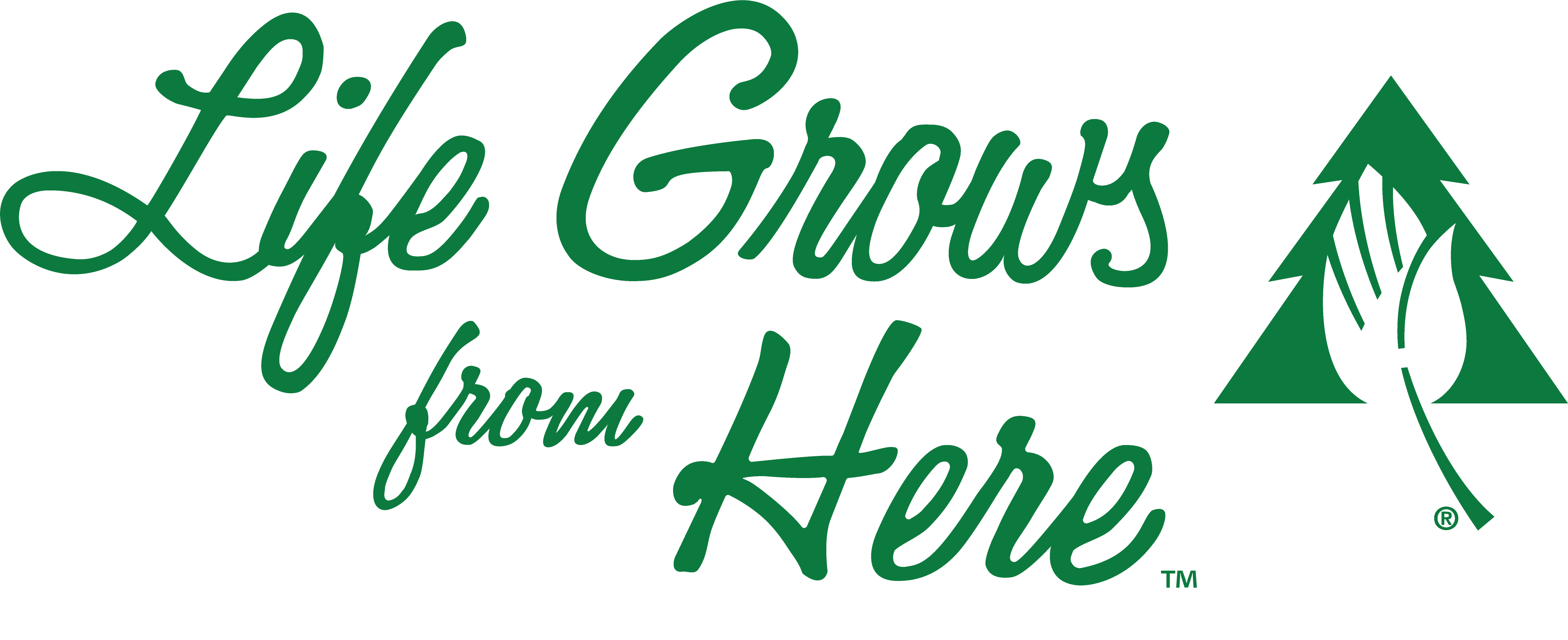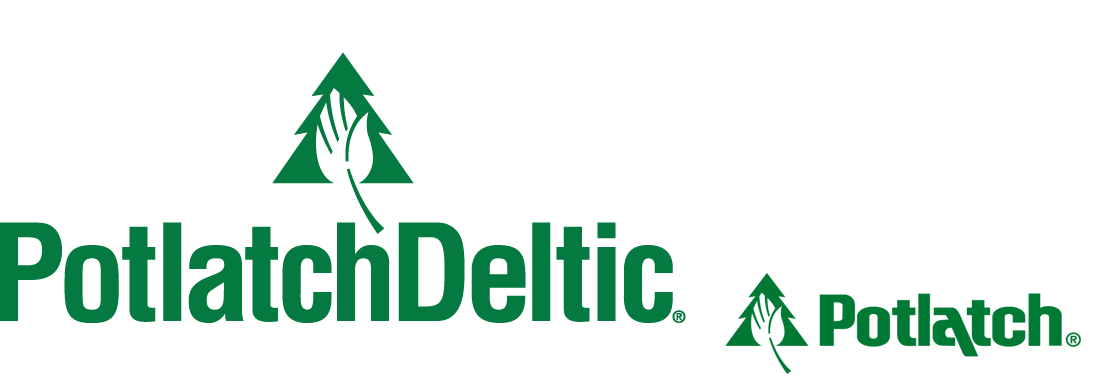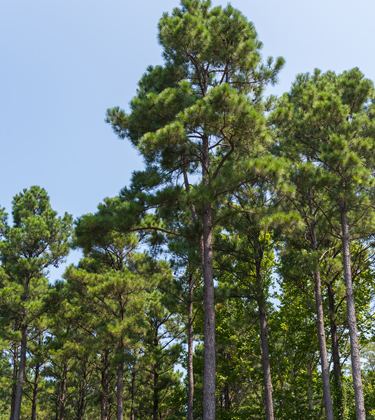
Media Hub
Our Favorite Photos
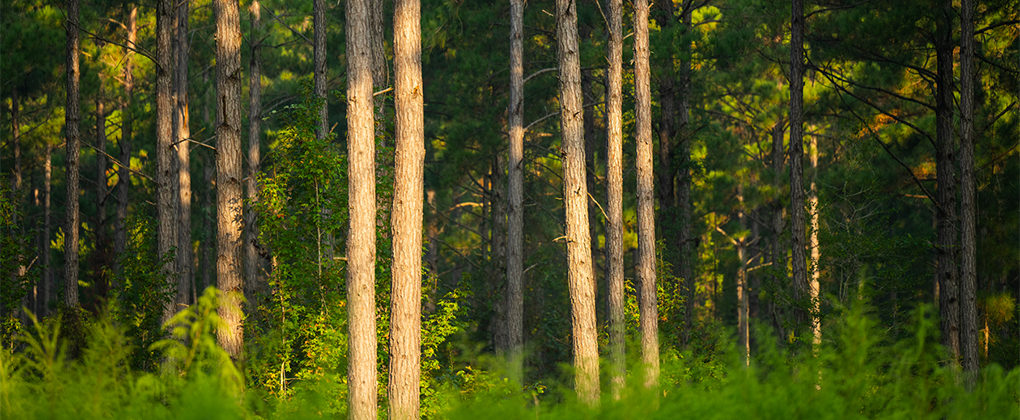
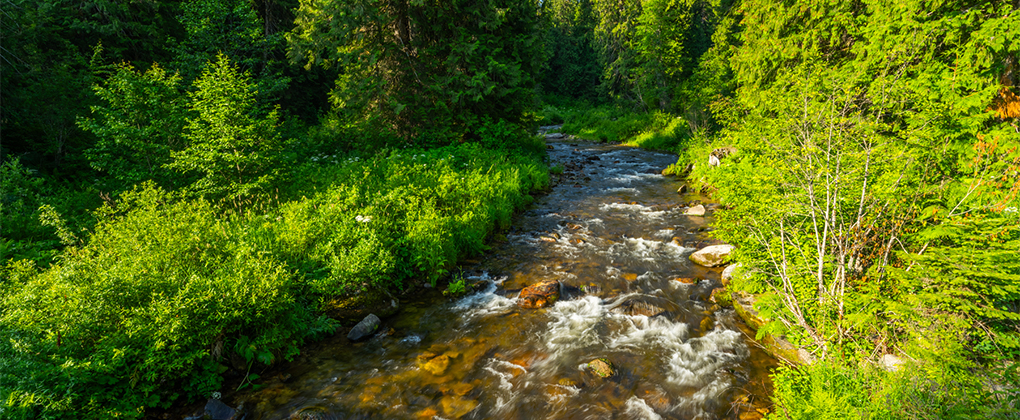
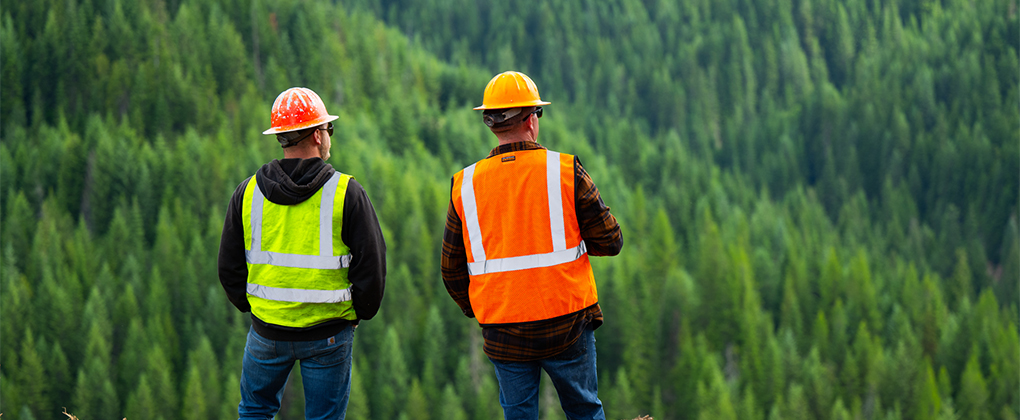
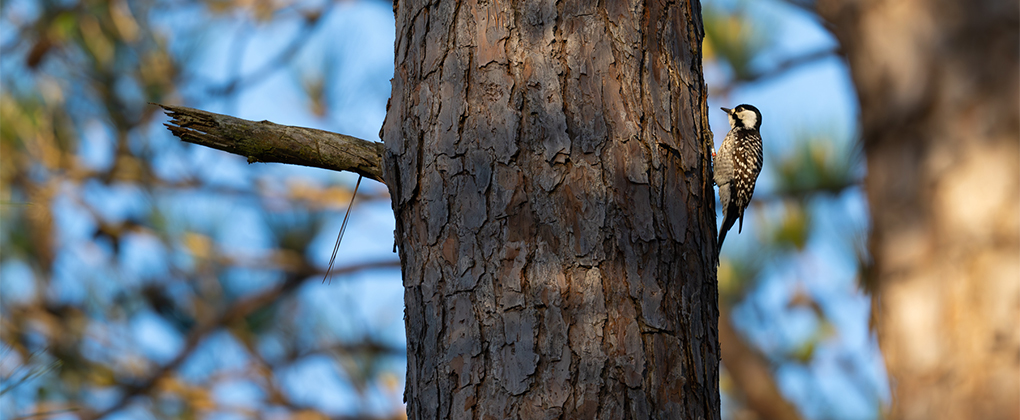
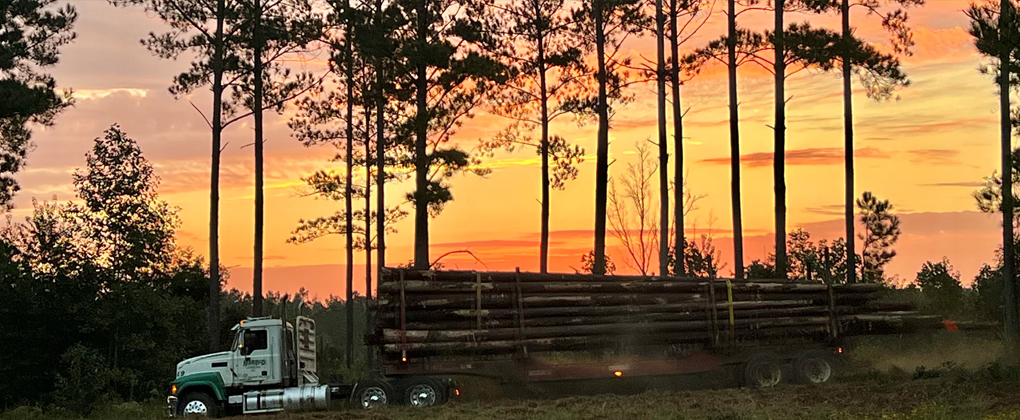
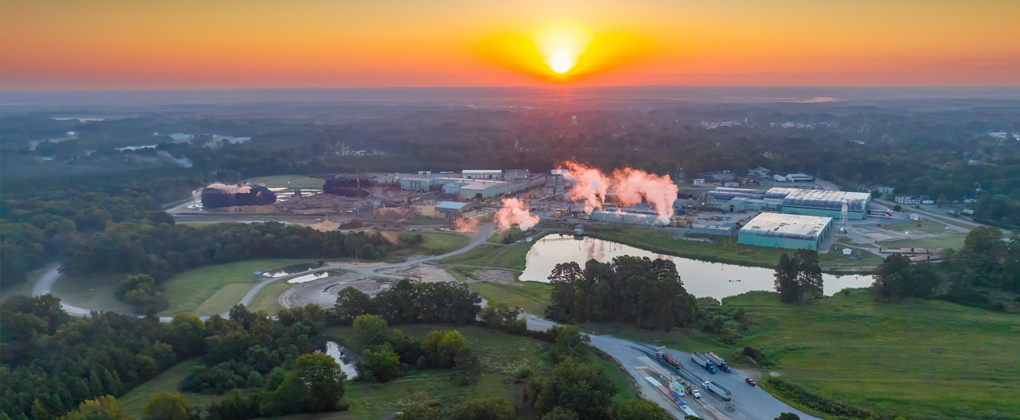
Featured Stories
Our forest stewardship commitments include conserving wildlife species and their habitats. Collaborating with conservation organizations on biodiversity management is a cornerstone of our biodiversity conservation. We also invest in and utilize research to improve biodiversity conservation and environmental protection. In this discussion with Kit Hart, Director Planning, Carbon, and Environment, we discuss how we support the wide breadth of species that utilize our sustainably managed forests to forage, reproduce and thrive. Active forest management is a valuable tool for creating and maintaining a wide range of biodiversity benefits, enabling forests to stay healthy and productive. Across a landscape, a mosaic of forest ages from recently harvested to older forests can be maintained – these forests in turn support long-term viability of wildlife species, plants, and biodiversity. This is the third podcast in our Impacts podcast series, which focuses on how we execute our mission through the lens of our four Corporate Responsibility pillars: Forest, Planet, People, and Performance.
Wildlife conservation, climate mitigation, community recreation and production of goods from the forest define Moro Big Pine. This magnificent 16,000-acre forest is protected in perpetuity by a conservation easement that prevents development. Forestry and prescribed burning are implemented to enhance wildlife habitat including the federally protected red-cockaded woodpecker. Forest carbon stocks are managed to increase carbon storage in trees and reduce atmospheric C02. It's open to the public - come see for yourself.
PotlatchDeltic is committed to independent certification of our forests to demonstrate that they are managed in a sustainable and responsible manner. Independent forest certification plays a vital role in fostering an understanding of the value of properly managed working forests and confirms that science-based stakeholder developed forest management practices and continual improvement are occurring on our forests. In this discussion with Mike Houser, Environmental and Certification Manager, we discuss why we are Sustainable Forestry Initiative® (SFI®) and Forest Stewardship Council® (FSC®) certified, and what forest certification means. Our third-party forest certification reflects the rigor of our environmental management system, which includes a continual improvement process. As new information is discovered, practices are adjusted and improved, whether that be in threatened and endangered species management, forest productivity, water quality or climate change. Forest certification challenges us to think long term, and to invest with research organizations to study and improve the industry’s technical knowledge. In addition, it encourages us to engage with the communities and stakeholders who are connected to us through our timberlands and all they have to offer. This is the second podcast in our Impacts podcast series, which focuses on how we execute our mission through the lens of our four Corporate Responsibility pillars: Forest, Planet, People, and Performance.


